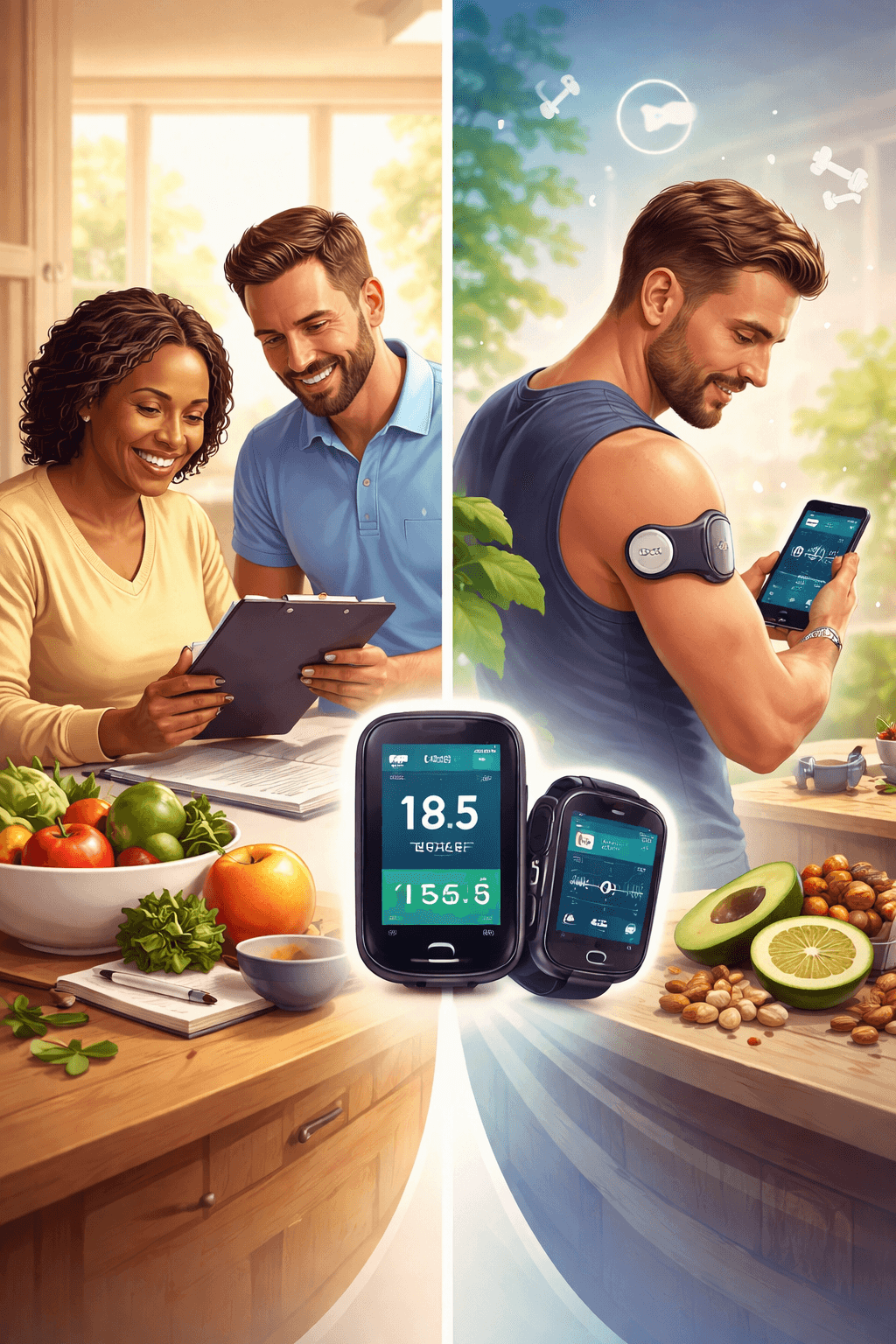
+ 1 (469) 960-4325

Tailored Health Advice Awaits
Find expert advice tailored to your health journey. From fitness tips to managing chronic conditions,
explore insights that guide you toward a healthier, happier life.
Talks That Transform
Dive into engaging conversations, expert interviews, and health-focused topics designed to inspire and guide your wellness journey.

Dr. S Biswas: Why Traditional Diabetes Advice Fails?
22:07 mins

Dr. Saumya Sharan: Psychology of Diabetes
30:17 mins

Dr. Sumeet Arora: Smart Eating for Diabetes
01:00:07 mins
Top Read of Heald
Learn practical strategies for improving metabolic health from our recent blogs
Recent Articles
from the Heald Team

Reverse Type 2 Diabetes Without Medication | iHeald

Are Nutritionists FSA Eligible for Diabetes? | iHeald

How to Lower A1C Naturally (Proven Methods) | iHeald

HealD vs Levels: Pricing, Approach & Best Fit

How an AI Diabetes Coach Builds Your Plan | iHeald

How to Get HSA-Approved Diabetes Coaching | iHeald
Address:
Completum health Inc,
Tech Alpharetta
925 North Point Parkway, Suite 130, Alpharetta, GA 30005
© Copyright Heald. All Rights Reserved
Tailored Health
Advice Awaits
Find expert advice tailored to your health journey. From fitness tips to managing chronic conditions, explore insights that guide you toward a healthier, happier life.
Top Read of Heald
Learn practical strategies for improving metabolic health from our recent blogs
Recent Articles
from the Heald Team

Reverse Type 2 Diabetes Without Medication | iHeald

Are Nutritionists FSA Eligible for Diabetes? | iHeald

How to Lower A1C Naturally (Proven Methods) | iHeald

HealD vs Levels: Pricing, Approach & Best Fit

How an AI Diabetes Coach Builds Your Plan | iHeald

How to Get HSA-Approved Diabetes Coaching | iHeald
Talks that Transform
Dive into engaging conversations, expert interviews, and health-focused topics designed to inspire and guide your wellness journey.

Dr. S Biswas: Why Traditional Diabetes Advice Fails?
22:07 mins

Dr. Saumya Sharan: Psychology of Diabetes
30:17 mins

Dr. Sumeet Arora:
Smart Eating for Diabetes
01:00:07 mins
Address:
Completum health Inc,
Tech Alpharetta
925 North Point Parkway,
Suite 130,
Alpharetta, GA 30005
© Copyright Heald. All Rights Reserved
Address:
Completum health Inc,
Tech Alpharetta
925 North Point Parkway,
Suite 130,
Alpharetta, GA 30005
© Copyright Heald. All Rights Reserved




